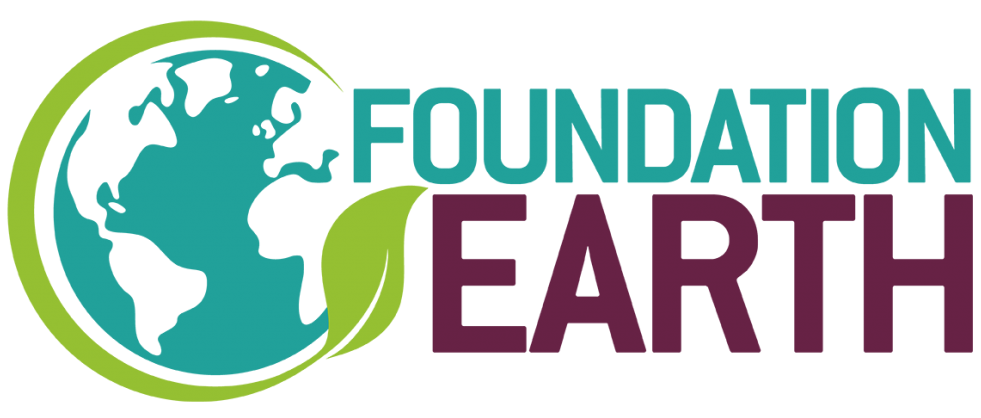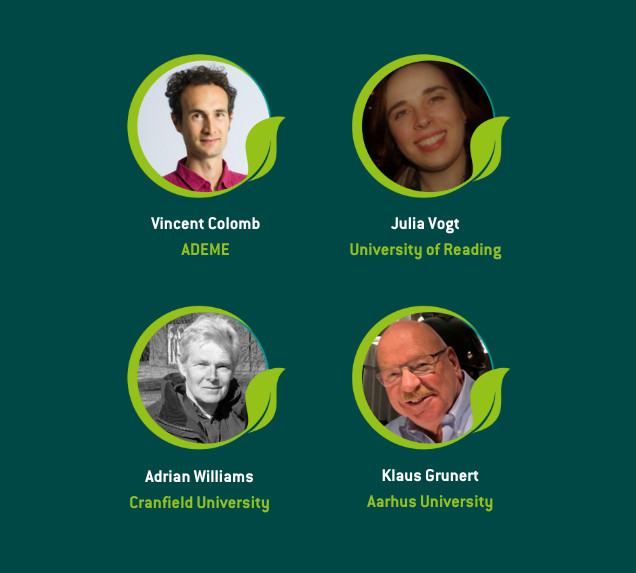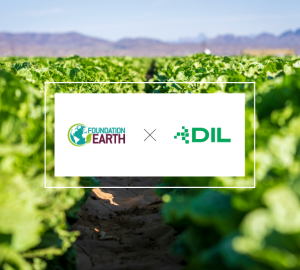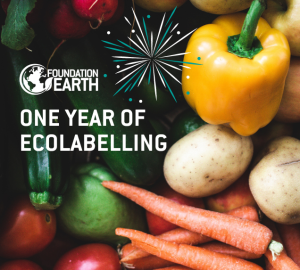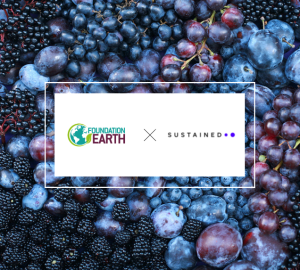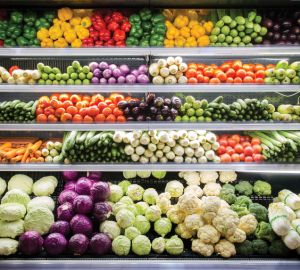In line with our dedication to driving positive change and building more sustainable food systems, Foundation Earth is excited to welcome new advisors to our Scientific Committee.
Expanding our range of advisors allows us to gain access to diverse perspectives and expertise in environmental issues, policy-making, finance, consumer behaviour and technology – among others. This is essential in building further independent, voluntary members across the wide scientific disciplines that are fundamental to the holistic vision of Foundation Earth.
The depth of expertise in this group supports and empowers informed decision-making and forges impactful partnerships. It also critically enriches our Scientific Committee with esteemed scientists and researchers to strengthen scientific rigor and credibility, allowing us to propose the most optimum solution for businesses and consumers alike.
Through our expanded committee we are thrilled to foster a collaborative ecosystem where knowledge is shared, cross-disciplinary dialogue thrives, and impactful initiatives are born.
Who are the new faces joining the Foundation Earth Scientific Committee?
Vincent Colomb
Vincent Colomb from ADEME, the French Agency for Ecological Transition is an accomplished environmental expert and has been leading the French Government’s efforts in the world of ecolabelling. With a wealth of experience in life cycle assessments and eco-design – particularly for the agricultural and food sectors – Vincent Colomb has been a driving force behind the development of the French LCI AGRIBALYSE food database, and has also contributed to the establishment of the Product Environmental Footprint (PEF) framework at European level.
Since mid-2022, Vincent has taken on the responsibility of coordinating ADEME’s efforts to develop ecolabelling initiatives for all types of products and services, in compliance with the French Climate law enacted in 2021. His key objective for 2023-24 is to bring to fruition an extensive ecolabelling scheme for the food and textiles sectors in France. Read more about our work with the French Government here.
Julia Vogt
Julia is an Associate Professor of Psychology at the University of Reading in the UK. Her laboratory investigates how psychological processes shape health-related and ethical behaviours such as choice of sustainable and healthy food. Some of her current projects are looking into what makes people attend to food labels, or on the role of self-control and emotions and stress in food choice.
Julia holds a BSc and MSc in Psychology from the University of Würzburg, Germany, and a PhD in Psychology from Ghent University, Belgium. She worked in laboratories in Germany, Belgium, and the US, including two years at the Behavioural Economics Centre at the University of Chicago Booth School of Business.
Adrian Williams
Adrian’s research career progressed through a wide range of experimentally-based agri-environmental research including biological treatment systems, silage conservation, gaseous emission measurement and control, and improved manure management methods (at the BBRC’s Silsoe Research Institute). He later concentrated on mathematical modelling, initially using process models, leading to work in whole-farm agri-environmental and systems modelling, and environmental Life Cycle Assessment (LCA), including a move to Cranfield University. He led work on systems-based LCA work that addressed subjects from individual commodity production and consumption to enhancing cattle health. He has also coordinated pioneering work for the WWF that was part of the first evaluation of the UK’s GHG emissions from food consumption. He led two subsequent projects on the impacts of national diet change on GHG emissions, land use and other environmental impacts.
He is part of the team that improved and delivers the UK agricultural greenhouse gas (GHG) inventory for the IPCC. More recent work focused on the LCA of GHG removal (or net emissions technology), particularly through soil management and the valuation of the environmental impacts of scientific activities. His last project for Defra – the UK’s Department for Environment, Food & Rural Affairs – was a comparative LCA of cattle production from the least to the most intense. He is now retired and a visiting research fellow at Cranfield university.
Klaus Grunert
Klaus G. Grunert is a Professor of Marketing at Aarhus University, and is the founder of the MAPP Research Center. He is a consumer behaviour researcher with an interdisciplinary orientation. Most of his research is on consumer behaviour with regard to food and drink, with a background in the disciplines of marketing, agricultural economics and food science. He has dealt with questions around consumer decision-making, consumer values and attitudes, consumer experience and consumer lifestyle. His research has equal focus on scientific excellence and practical applicability, and he has extensively cooperated with both industry and public policy institutions.
Klaus believes in interdisciplinarity and has cooperated widely with researchers in other social sciences, as well as in the technological and natural sciences. Having an h-index of 93, he is the author of 12 books, more than 250 academic papers in international refereed journals and numerous other publications. Klaus is a past president of the European Marketing Academy and was a professor at the European Institute for Advanced Studies in Management.
